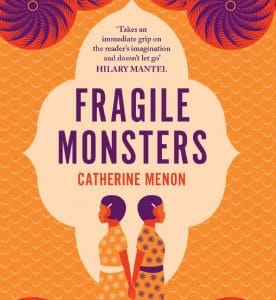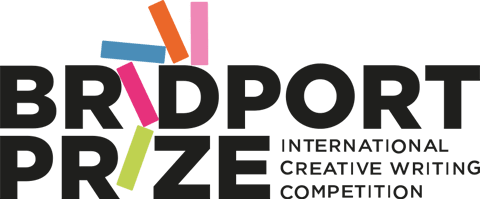Masterclass with…
Catherine Menon, Debut Novelist.
Catherine Menon is Australian-British, has Malaysian heritage and lives in London. She is a University lecturer in robotics and has both a PhD in pure mathematics and an MA in Creative Writing. Catherine was a Bridport Prize short story winner, 2017.
Hilary Mantel gave Fragile Monsters a rave review.

My six year old self had a point
When I was six years old, I was convinced that the real difficulty in being an author lay in drawing the picture. These days – though I remain unable to draw – I still think that my six-year-old self had a point. The difficulties faced by an author often aren’t about the words at all. They’re about the unwashed dishes in the sink; the pressures of the day job; the first draft that falls so woefully short of our hopes. The writing itself is, I think, perhaps the easiest part.
There’s a prevailing idea that writers should start with short stories and then build to writing novels, which is a little bit like saying a trapeze artist should first start off as a heart surgeon. Short stories – as anyone knows who’s tried to write one – aren’t an easier version of novels, they’re an art form in themselves. One of the reasons I so greatly admire prizes like Bridport is the equal care, attention and rigour with which they assess these different forms of writing.
Learn from writing short stories
That said, in my opinion there are plenty of things which you can learn from writing short stories to help in writing novels. There needs to be the same “hinge” in a novel as a short story, the same moment when a character is challenged and their world view changes. The narrative thread is perhaps a little more important in a novel: there’s more room for characters to grow and change, and hence more chances for them to become internally inconsistent in a way which jars the reader.
Keep a tight hold on your plot
There’s an ongoing debate about how much you “should” plot out in advance (short answer: exactly how much works for you personally). For me, in writing a novel it’s important to have the essence of the piece already identified before I start to write: I need to know what this story is about. Is it a story of friendship, of homecoming, of loss; is it meant to stroke the reader into a warm contentment or jolt them out of it? Once I have that, the actual plot events nearly always sort themselves out. When writing short stories you need to keep a very tight hold on your plot, simply because you don’t have many words to work with. It’s an excellent skill to take to your novel-writing, because being able to streamline your tangled first draft will make the subsequent edits much, much easier to manage.
Courage to embark on a novel
My writing journey began with short stories, including a mention in the 2017 Bridport Prize. This was a huge moment for me, and gave me the confidence to accept when Farhana Shaikh, director of the wonderful Dahlia Publishing, approached me to suggest putting a collection together. Subjunctive Moods came out in 2018 and my overwhelming impression is one of awe at the generosity of the writing community. Writers whom I hugely admire – like Courttia Newland and Bridport’s own Kit de Waal – were kind enough to offer advice and encouragement, and “short story Twitter” turned out to be the most supportive and engaging place I’ve ever set foot in! Without this I would never have had the courage to embark on writing a novel.
Hilary Mantel and Colm Tóibín
It’s now only a few weeks to the launch of Fragile Monsters, and once again I’ve been utterly thrilled at the generosity of people who’ve responded to it – including two of my literary idols, Hilary Mantel and Colm Tóibín. I feel so privileged and lucky to be here, writing about the process of writing. There are still unwashed dishes in the sink, I still can’t draw, but it turns out that being an author really is, simply and solely, about writing the words. I’m so pleased to be able to share those of Fragile Monsters with you.

Fragile Monsters will be published on 8th April from Viking.







